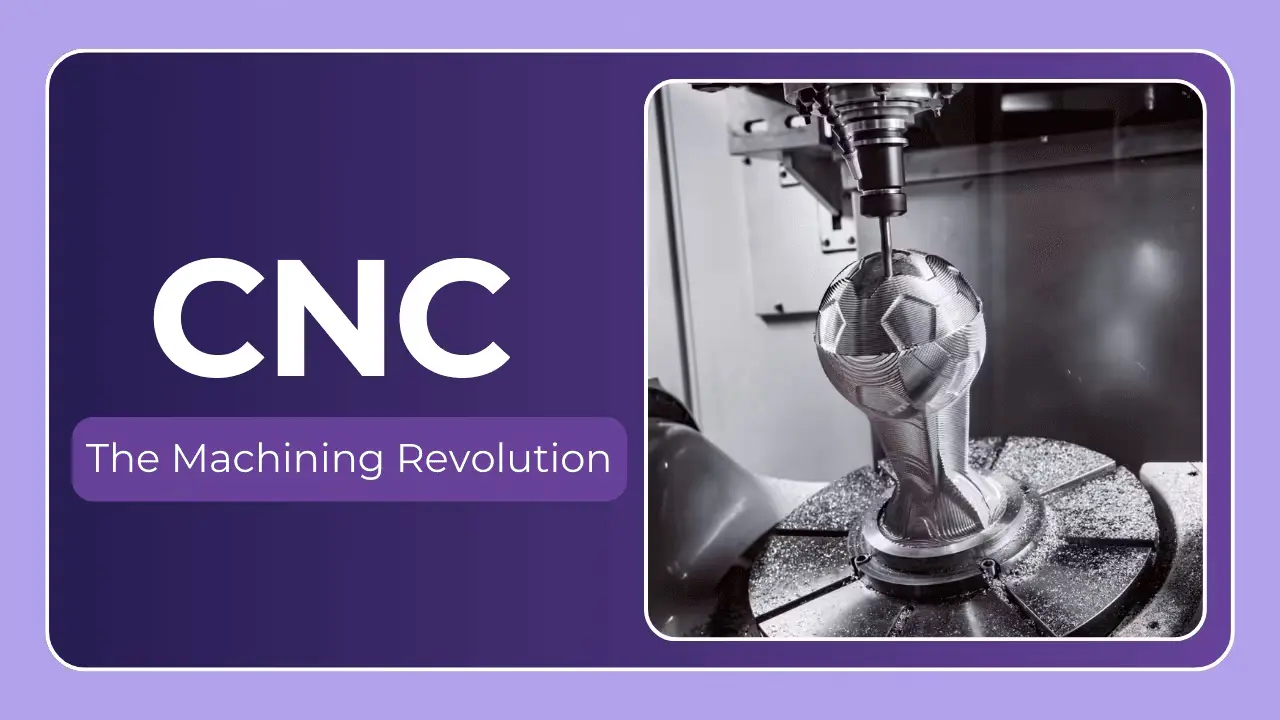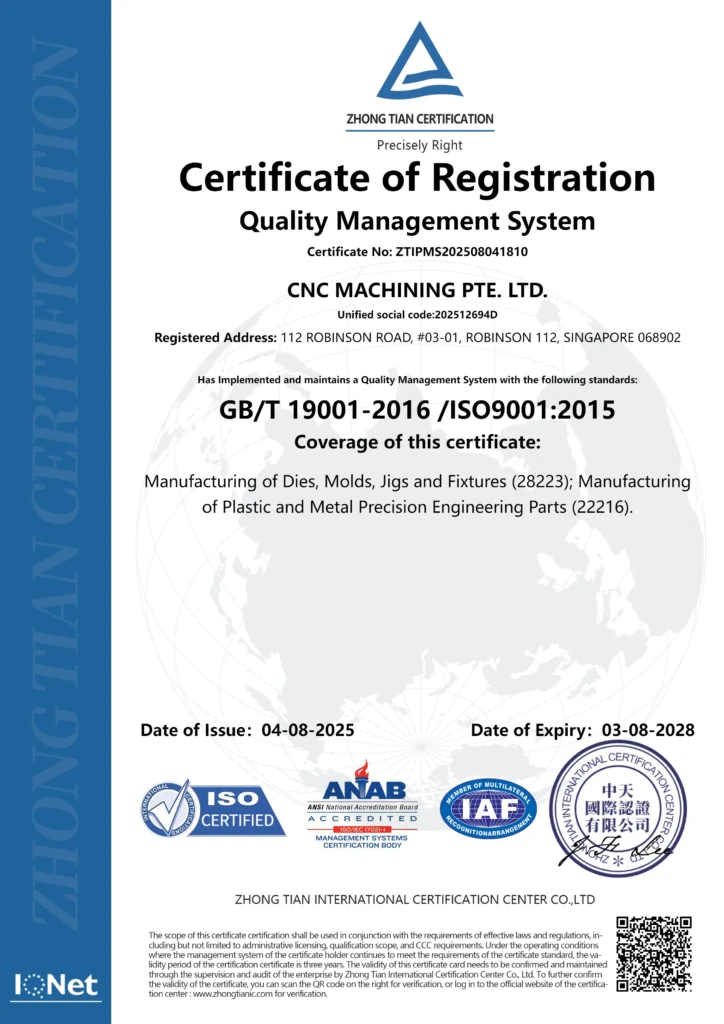Unlocking Precision: Your Guide to CNC Machining Services & Solutions
In today’s rapidly evolving manufacturing landscape, precision and efficiency are paramount. Computer Numerical Control CNC Machining has emerged as a cornerstone technology, revolutionizing how parts are designed, prototyped, and produced. If you’re seeking accurate, reliable, and cost-effective manufacturing solutions, understanding the power and versatility of CNC machining is crucial. This article delves into the world of CNC machining services, exploring its capabilities, applications, and how it can transform your next project.
What is CNC Machining? A Deep Dive
At its core, CNC machining is a subtractive manufacturing process that utilizes computer-controlled machine tools to precisely remove material from a workpiece. Unlike traditional machining, which relies heavily on manual operation, CNC machining leverages pre-programmed computer code to automate the cutting process. This automation translates to unparalleled accuracy, repeatability, and speed.
The process begins with a digital design, typically created using Computer-Aided Design (CAD) software. This design is then converted into a CNC program using Computer-Aided Manufacturing (CAM) software. The CNC program contains instructions that dictate the precise movements of the cutting tools, controlling parameters such as cutting speed, feed rate, and depth of cut. The CNC machine then executes this program, meticulously removing material from the workpiece to create the desired shape.
The Advantages of CNC Machining: Unleashing Efficiency and Precision
CNC machining offers a multitude of advantages over traditional manufacturing methods. These benefits translate to significant improvements in efficiency, accuracy, and overall production quality:
-
- Unmatched Precision: CNC machining excels in producing parts with tight tolerances and intricate geometries. The automated process minimizes human error, ensuring dimensional accuracy and consistency across multiple parts. This precision is particularly critical in industries such as aerospace, medical device manufacturing, and automotive engineering.
-
- Speed and Efficiency: The automated nature of CNC machining significantly reduces production time. Once the CNC program is created, the machine can run continuously, producing parts at a faster rate than manual machining. This speed is especially beneficial for high-volume production runs.
-
- Repeatability and Consistency: CNC machining ensures that each part produced is virtually identical to the others. This consistency is crucial for maintaining product quality and reliability, especially in applications where interchangeability is essential.
-
- Versatility and Flexibility: CNC machines can work with a wide range of materials, including metals (aluminum, steel, titanium), plastics (ABS, polycarbonate, nylon), and composites. This versatility allows manufacturers to produce parts for diverse applications. Furthermore, CNC machining can handle various operations, such as milling, turning, drilling, and grinding, making it a one-stop solution for many manufacturing needs.
-
- Reduced Material Waste: CNC machining optimizes material usage by precisely removing only the necessary material. This reduces waste compared to processes like casting or forging, leading to cost savings and improved sustainability.
CNC Machining Services: Tailored Solutions for Your Needs
CNC machining service providers offer a comprehensive suite of solutions to meet the diverse needs of their clients. These services typically include:
-
- CNC Milling: This process uses rotating cutting tools to remove material from a workpiece. CNC milling machines are versatile and can perform a wide range of operations, including surface milling, pocketing, drilling, and threading.
-
- CNC Turning: CNC turning involves rotating the workpiece while a stationary cutting tool removes material. This process is commonly used to create cylindrical or conical parts, such as shafts, pins, and bushings.
-
- Multi-Axis Machining (Including 5-Axis Machining): Advanced CNC machines, particularly those with five-axis capabilities, offer unparalleled flexibility and precision. These machines can move the cutting tool and/or the workpiece simultaneously along five different axes, allowing for the creation of complex geometries with minimal setups. Singapore based CNC MACHINING PTE. LTD specializes in five-axis CNC machining, solving complex metal part manufacturing challenges with cutting-edge equipment and technology.
-
- Prototyping: CNC machining is an ideal solution for creating prototypes quickly and efficiently. The precision and versatility of the process allow engineers to test and refine their designs before committing to mass production.
-
- Low-Volume Production: CNC machining is well-suited for low-volume production runs, offering a cost-effective alternative to other manufacturing methods. This is particularly beneficial for specialized parts or products with limited demand.
-
- High-Volume Production: While CNC machining is often associated with prototyping and low-volume production, it can also be used for high-volume runs. Automation and efficient material usage make it a competitive choice for certain high-volume applications.
-
- Post-Processing and Finishing: Many CNC machining service providers also offer post-processing and finishing services, such as surface treatments, coatings, and assembly. These services can enhance the appearance, durability, and functionality of the finished parts. CNC MACHINING PTE. LTD offers one-stop post-processing and finishing services, ensuring a complete solution for your manufacturing needs.
-
- Material Selection Guidance: Experienced CNC machining service providers can offer expert advice on material selection, helping you choose the optimal material for your specific application based on factors such as strength, weight, cost, and corrosion resistance.
Choosing the Right CNC Machining Service Provider:
Selecting the right CNC machining service provider is critical to the success of your project. Consider the following factors when making your decision:
-
- Experience and Expertise: Look for a provider with a proven track record of producing high-quality parts to your specifications. Inquire about their experience with similar projects and the materials you require.
-
- Equipment and Technology: Ensure the provider has the necessary equipment and technology to handle your project. This includes the CNC machines, software, and other tools required for design, programming, and manufacturing.
-
- Quality Control: A robust quality control system is essential for ensuring the accuracy and consistency of the finished parts. Ask about the provider’s quality assurance processes, including inspection methods and documentation.
-
- Communication and Customer Service: Effective communication is crucial for a successful partnership. Choose a provider who is responsive, attentive to your needs, and committed to providing excellent customer service.
-
- Pricing and Lead Times: Obtain competitive quotes from multiple providers and compare pricing, lead times, and payment terms. Consider the overall value proposition, not just the lowest price.
Conclusion
CNC machining has revolutionized manufacturing, offering unparalleled precision, efficiency, and versatility. By understanding the capabilities of CNC machining and carefully selecting the right service provider, businesses can unlock new opportunities for innovation, productivity, and growth. Whether you need prototypes, low-volume parts, or high-volume production runs, CNC machining offers a tailored solution for your manufacturing needs. Companies like CNC MACHINING PTE. LTD are at the forefront, offering advanced five-axis machining and comprehensive services to meet the complex demands of modern manufacturing.
FAQs: Your CNC Machining Questions Answered
-
-
What file formats are typically used for CNC machining?
Common file formats include STEP, IGES, DXF, and STL. The specific format may depend on the CNC machine and software used.
-
-
-
What is the typical tolerance achievable with CNC machining?
CNC machining can achieve tolerances as tight as +/- 0.001 inches (0.025 mm) or even tighter in some cases.
-
-
-
How does CNC machining compare to 3D printing?
CNC machining is a subtractive process, while 3D printing is an additive process. CNC machining is generally better for producing parts with tight tolerances and complex geometries, while 3D printing is more suitable for creating complex shapes and intricate designs. The best choice depends on the specific application and requirements.
-
-
-
What is the cost of CNC machining?
The cost of CNC machining depends on various factors, including the complexity of the part, the material used, the production volume, and the hourly rate of the machine and operator. It is best to obtain quotes from multiple providers to compare pricing.
-
-
-
What is the lead time for CNC machining?
Lead times can vary depending on the complexity of the part, the machine shop’s workload, and the availability of materials. Simple parts can be produced in a few days, while more complex parts may take several weeks. It is best to discuss lead times with the service provider during the quoting process.
-
-
-
Can CNC machining be used for mass production?
Yes, CNC machining can be automated and is suitable for mass production, particularly when intricate parts or high consistency are crucial.
-




